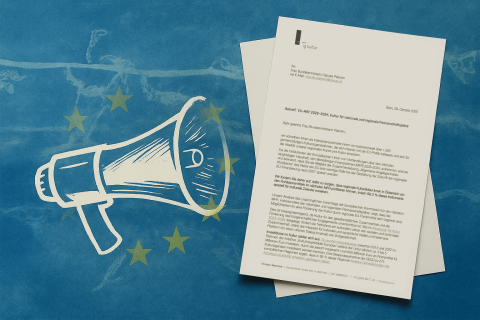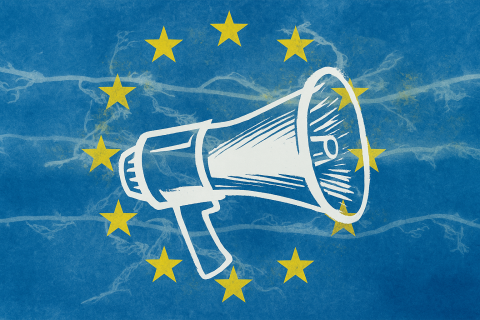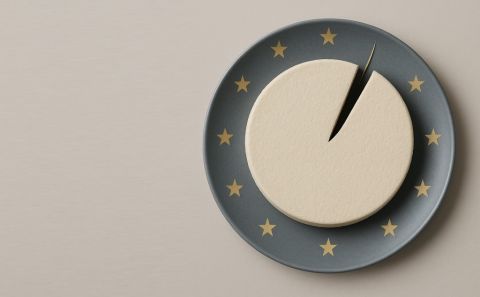Right to freedom of artistic expression and creativity
Right to freedom of artistic expression and creativity – 2/10/2013 – European Parliament, Brussels Belgium
As a member of the Working Group on Arts, Human Rights and Justice (ARJ) of the Civil Society Dialogue Platform “Access to Culture”, the Roberto Cimetta Fund is pleased to announce a presentation of the UN Report “the Right to Freedom of Artistic Expression and Creativity” a the European Parliament in Brussels (Paul Henri Spaak Building, Room P5B001) on Wednesday, 2nd October 2013 from 11h30 to 14h30 (programme here-below).
The event is sponsored by Mme Marie Christine Vergiat (GUE/NGL) in collaboration with Mme Mary Honeyball (S&D); Mme Cecilia Wikström (ALDE), Mme Marietje Schaake (ALDE) and Mme Malika Benarab-Attou (VERT) to date. The organisers of the event are “ARJ” - Working Group on Arts, Human Rights and Social Justice of the EU Civil Society Dialogue Platform, Access to Culture. (You can see the 18 NGOs and associations in the ARJ group, in signature below alongside our co-organising partners.)
The United Nations established the UN Special Rapporteur in 2009. Ms. Farida Shaheed’s UN Special Report was formally presented to the UN on 31st May 2013. The EU Working Group on Arts and Human Rights (ARJ)* invites members of the European Parliament and the European Commission, selected foundations, NGOs, artists and experts to join in the discussion. A copy of the Report can be found at this link.
The European Parliament already recognises artists as a category of human rights defenders. Recent highly visible events such as the incarceration of the Chinese visual artist Ai Weiwei or of the Russian music group Pussy Riot have brought the vulnerability of artists to the public eye. Indeed, discussions about artists as human rights defenders have taken place relatively recently in the European Parliament and the European Instrument for Democracy and Human Rights. Artists are an ‘early and easy target’ for governments seeking to increase repression. Closer to home, we see increasing numbers of cases in Members and candidates of the EU. From censorship to beatings, imprisonment and death we have documented stories of the silencing of artists who wish to highlight injustice through song, writing or image.
Freedom of expression is the cornerstone for protecting artists. States that inhibit freedom of expression often curtail other related human rights: freedom of association, freedom of assembly or the right to gather with others, freedom of association or the right to join unions or professional associations, freedom of movement or the right to travel in and outside the country, the right to access information, the right to defend a cultural identity.
For further information, please contact Angie Cotte, Secretary General of RCF tel: 00 33 1 45 26 33 74 or by email angie.cotte@cimettafund.org



